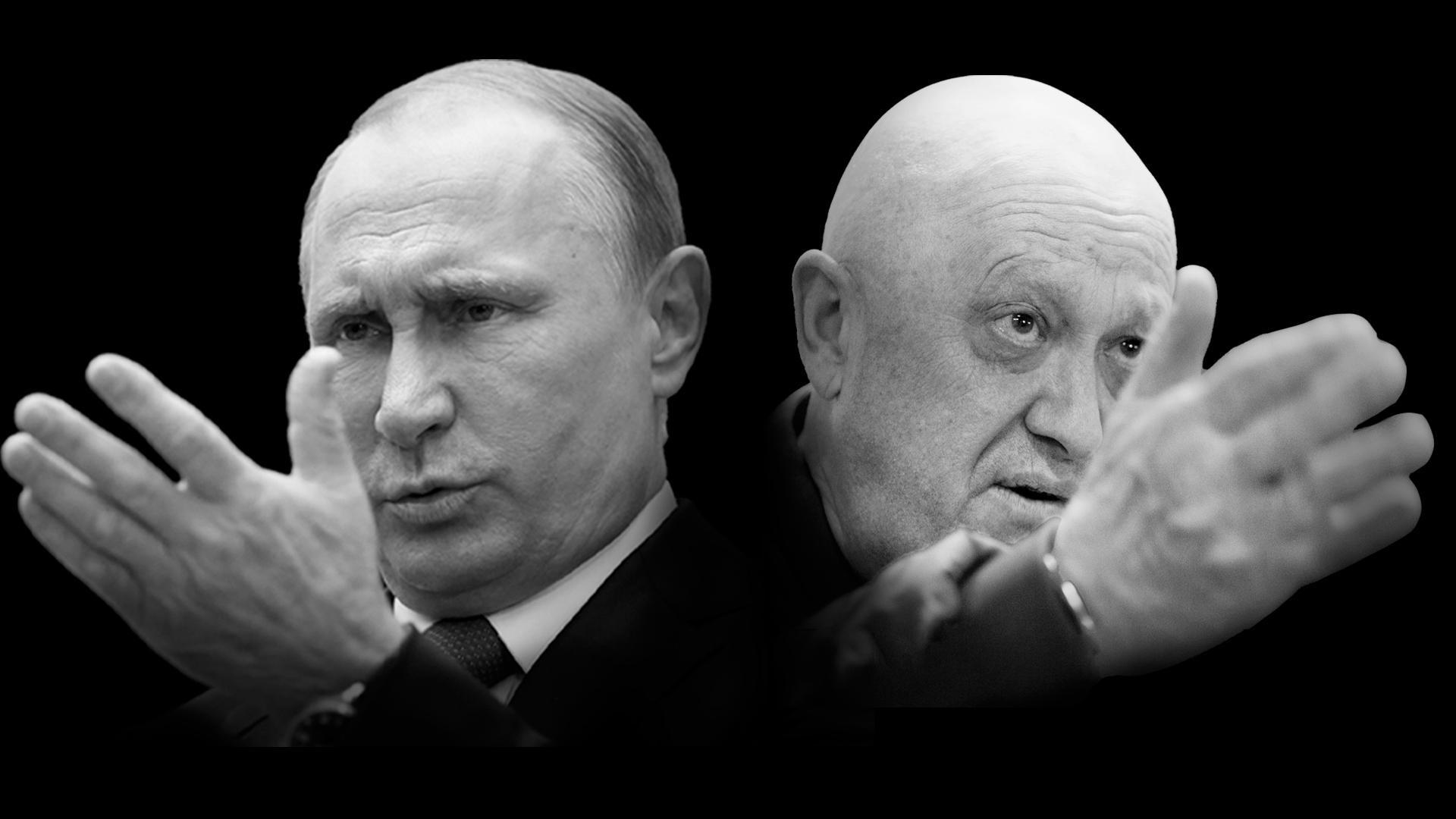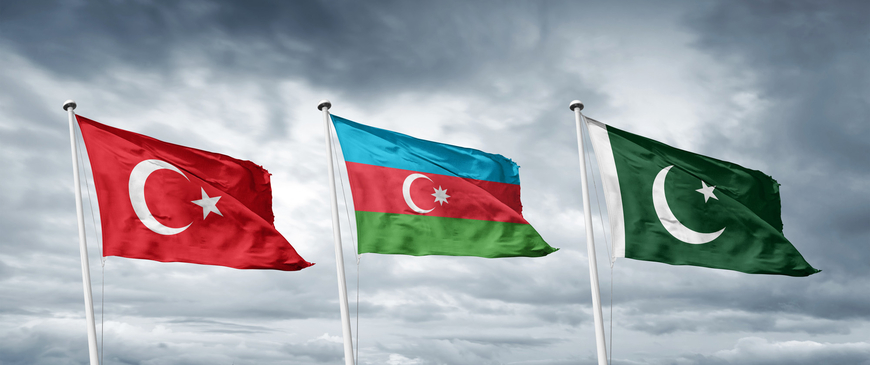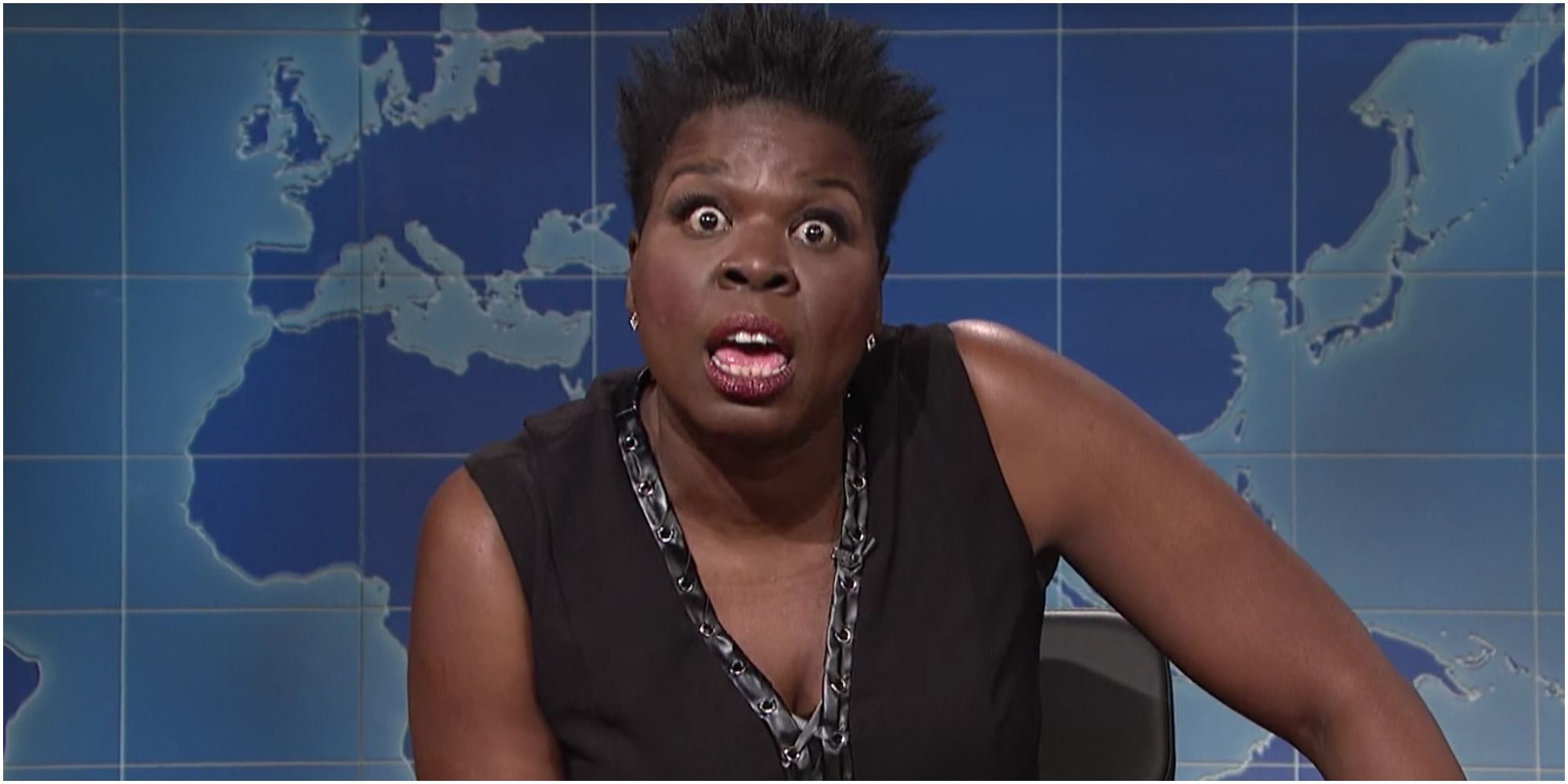Analyzing The Failure Of Russia's Peace Initiative Under Putin

Table of Contents
Lack of Genuine Commitment to Negotiation
The perceived failure of Russia's peace initiatives is largely attributed to a lack of genuine commitment to negotiation. Instead of prioritizing diplomatic solutions, Russia consistently prioritized military objectives, severely undermining any progress towards peace.
Prioritizing Military Objectives
Russia's emphasis on military gains consistently undermined any diplomatic efforts. The pursuit of territorial expansion took precedence over genuine negotiation, creating a cycle of escalation and mistrust.
- Examples of Military Escalations: The 2014 annexation of Crimea, the invasion of eastern Ukraine in 2014, and the full-scale invasion in February 2022 all directly contradicted concurrent or prior peace talks. Each escalation significantly eroded trust and diminished the credibility of Russia's commitment to peaceful resolutions.
- Prioritizing Territorial Expansion: Russia's stated goals, particularly regarding the Donbas region and Ukrainian sovereignty, have consistently pointed towards territorial gains rather than compromise. This clear prioritization of military objectives made it difficult for other parties to take Russia's peace overtures seriously.
- Contradictory Rhetoric: Russia's public statements and diplomatic pronouncements often contradicted its actions on the ground. This discrepancy between words and deeds further fueled skepticism about Russia's intentions and hampered the negotiation process.
Unrealistic Demands and Conditions
Russia's peace proposals frequently included unrealistic demands and conditions, rendering any meaningful progress towards a peaceful resolution virtually impossible.
- Specific Examples of Unrealistic Demands: Demands for complete Ukrainian surrender, recognition of annexed territories, and significant concessions on NATO expansion have consistently been deemed unacceptable by Ukraine and its allies.
- Expert Opinions on Feasibility: Numerous experts in international relations and conflict resolution have highlighted the infeasibility of Russia's demands, emphasizing their incompatibility with Ukraine's sovereignty and the security concerns of its Western partners.
- Impact on Willingness to Negotiate: The presentation of such unrealistic demands has significantly diminished the willingness of other parties to engage in serious negotiations, effectively creating an impasse.
Erosion of Trust and International Relations
The failure of Russia's peace initiatives is inextricably linked to the erosion of trust on the international stage. Russia's actions have consistently violated international law and norms, leading to widespread condemnation and a decline in its international credibility.
Violation of International Law and Norms
Russia's disregard for international law and established norms has severely damaged its international standing and undermined trust among its partners.
- Specific Examples of Violations: The annexation of Crimea, the invasion of Ukraine, and accusations of war crimes have resulted in widespread international condemnation and the imposition of numerous sanctions.
- International Condemnation: The United Nations Security Council, numerous international organizations, and individual states have repeatedly condemned Russia's actions, highlighting their illegality and violation of international law.
- Impact on International Standing: Russia's actions have resulted in significant diplomatic isolation, reducing its influence on the world stage and undermining its ability to engage constructively in international peace efforts.
Propaganda and Disinformation Campaigns
Russia's extensive use of propaganda and disinformation campaigns further undermined peace efforts by creating obstacles to open dialogue and fostering mistrust.
- Examples of Disinformation Campaigns: The spread of false narratives about Ukraine, the demonization of Western countries, and the distortion of historical events have all contributed to a climate of mistrust and hindered the possibility of constructive dialogue.
- Impact on Public Opinion: These campaigns have influenced public opinion both within Russia and internationally, creating a polarized environment where objective assessment of the conflict is difficult.
- Effect on International Trust and Cooperation: The prevalence of disinformation has made it challenging to build trust and cooperation among nations, making it more difficult to achieve a peaceful resolution.
Internal Political Dynamics within Russia
Understanding the failure of Russia's peace initiatives also requires analyzing the internal political dynamics within Russia itself. The influence of hardline factions and a potential lack of internal consensus on peace have significantly hampered any attempts at compromise.
Hardline Influence and Opposition to Compromise
Hardline factions within the Russian government have exerted considerable influence, actively opposing any attempts at compromise and pushing for a more aggressive military approach.
- Key Figures and Their Influence: Identifying specific figures and analyzing their rhetoric and actions reveals the significant impact of hardline viewpoints on the decision-making process.
- Impact on Negotiation Strategies: This hardline influence has shaped Russia's negotiation strategies, resulting in inflexible positions and a lack of willingness to make meaningful concessions.
- Analysis of Rhetoric and Actions: Examining public statements and actions of these key figures reveals a consistent pattern of opposition to compromise and a preference for military solutions.
Lack of Internal Consensus on Peace
The possibility of a lack of unified internal consensus within Russia regarding peace negotiations further complicates the situation.
- Evidence of Internal Divisions: While not always publicly apparent, there may be differing perspectives within the Russian government and elite circles regarding the best approach to the conflict.
- Differing Perspectives on the Conflict: Understanding the potential diversity of opinions within Russia is crucial for a complete analysis of the reasons behind the failure of peace initiatives.
- Impact of Divisions on Effectiveness: These internal divisions can hinder the effectiveness of peace initiatives by undermining the clarity and consistency of Russia's negotiating position.
External Factors and International Responses
External factors, notably Western sanctions and NATO's response to Russia's actions, have also played a role in shaping the conflict and influencing the negotiation process.
Western Sanctions and Countermeasures
The imposition of Western sanctions and countermeasures in response to Russia's aggression has significantly impacted Russia's economic situation and arguably influenced its behavior in negotiations.
- Types of Sanctions Imposed: A range of sanctions targeting various sectors of the Russian economy have been implemented, aiming to pressure Russia to de-escalate the conflict.
- Impact on the Russian Economy: The sanctions have undoubtedly created economic hardship in Russia, but their direct impact on Russia's willingness to negotiate remains a complex issue.
- Russia’s Response to Sanctions: Russia's response to sanctions has included retaliatory measures and efforts to circumvent them, further complicating the international landscape.
NATO's Response and Security Concerns
NATO's response to Russia's actions and the security concerns of its members have influenced the willingness to engage in peace talks.
- NATO's Strategic Responses: NATO's strengthening of its eastern flank and increased military presence in the region reflect security concerns stemming from Russia's actions.
- Concerns about Further Russian Aggression: The fear of further Russian aggression remains a significant factor influencing the dynamics of the conflict and the willingness of Western powers to engage in negotiations.
- Impact of These Concerns on the Negotiation Process: Security concerns have made Western partners cautious in engaging with Russia, fearing that concessions might embolden further aggression.
Conclusion
The failure of Russia's peace initiatives under Putin is a complex issue stemming from an interplay of internal and external factors. A lack of genuine commitment to negotiation, prioritizing military objectives, unrealistic demands, the erosion of international trust due to violations of international law and disinformation campaigns, internal political divisions within Russia, and the impact of Western sanctions and NATO's security concerns all contributed to the impasse. Understanding the interconnectedness of these factors is crucial for analyzing the failure of these initiatives. To prevent future conflicts and promote peaceful resolutions, a deeper understanding of the complexities of Russia's Peace Initiative Failure and its implications for international relations is essential. Further research and continued engagement with this critical topic are vital steps towards fostering a more peaceful and stable global order. We must continue to analyze the intricacies of Russia's peace initiative failure to learn from past mistakes and prevent future escalations.

Featured Posts
-
 Political Clash Trumps Fiery Retort To Springsteens Treasonous Claim
May 18, 2025
Political Clash Trumps Fiery Retort To Springsteens Treasonous Claim
May 18, 2025 -
 Us Army Embraces Right To Repair A New Era For Military Equipment Maintenance
May 18, 2025
Us Army Embraces Right To Repair A New Era For Military Equipment Maintenance
May 18, 2025 -
 Photos Pregnant Cassie Ventura And Alex Fine At The Mob Land Premiere
May 18, 2025
Photos Pregnant Cassie Ventura And Alex Fine At The Mob Land Premiere
May 18, 2025 -
 Growing Antipathy Towards Pakistan Turkey And Azerbaijan In India
May 18, 2025
Growing Antipathy Towards Pakistan Turkey And Azerbaijan In India
May 18, 2025 -
 9 11 Netflix Docuseries Captures Mans Terrifying Realization He Was On Fire
May 18, 2025
9 11 Netflix Docuseries Captures Mans Terrifying Realization He Was On Fire
May 18, 2025
Latest Posts
-
 The Future Of Trumps 30 China Tariffs Analyst Predictions
May 18, 2025
The Future Of Trumps 30 China Tariffs Analyst Predictions
May 18, 2025 -
 Leslie Jones Signs With Ope Partners Snl Alumnas Next Chapter
May 18, 2025
Leslie Jones Signs With Ope Partners Snl Alumnas Next Chapter
May 18, 2025 -
 Raw Snl Audience Cursing Caught On G105 Broadcast
May 18, 2025
Raw Snl Audience Cursing Caught On G105 Broadcast
May 18, 2025 -
 Assessing The Real Impact Of Trumps Aerospace Initiatives
May 18, 2025
Assessing The Real Impact Of Trumps Aerospace Initiatives
May 18, 2025 -
 Unfiltered Snl Moments Audience Profanity On G105
May 18, 2025
Unfiltered Snl Moments Audience Profanity On G105
May 18, 2025
